






5-Star Valuation Services, Loved by Hundreds
Your Appraiser Search Ends Here
AppraiseItNow offers defensible personal property appraisals for any legal or tax need.


Easy & Fast Online Appraisal Process
Our unique model allows us to meet super tight deadlines for tax filings, court dates, internal company project timelines.

Industry-Leading Appraisal Speed
Our unique business model means that we always have a credentialed appraiser available to work on your project, and we can meet obscure and short deadlines for tax filings, court submissions, internal projects, and more. Even if that means preparing your appraisal within 24 hours!

Any Asset Covered
This means that we can appraise any type of item including furniture, artwork, jewelry, business inventory, machinery & equipment, cars, boats, and more!

Servicing Enterprises & Individuals
Our company services anyone from an individual with a single couch to an enterprise needing contents of multiple offices or warehouses appraised.

Defensible for Any Purpose
Frequently Asked
Questions
No Frequently Asked Questions Found.
The U.S. Small Business Administration collaborates with approved lenders to provide loan guarantees, which fundamentally transforms the lending landscape for small businesses. This approach allows financial institutions to extend credit to businesses that might not qualify for conventional loans, effectively lowering the risk for lenders while creating opportunities for entrepreneurs.
These loan programs offer remarkable flexibility, accommodating diverse business needs from startup capital to expansion funding. Businesses can access loan amounts ranging from modest sums to substantial investments, with repayment terms typically spanning 7 to 25 years. The competitive interest rates and extended repayment periods provide businesses with more manageable financial obligations compared to traditional lending options.
SBA loans come in multiple formats, each tailored to specific business requirements. The 7(a) Loan Program serves as the most versatile option, supporting working capital, equipment purchases, and real estate investments. Meanwhile, the 504 Loan Program focuses on fixed asset acquisitions, and the Microloan Program provides smaller funding amounts for emerging businesses with limited financial histories.
The fundamental appeal of SBA loans lies in their ability to democratize access to capital. By mitigating lending risks and offering more flexible qualification criteria, these programs empower entrepreneurs who might otherwise struggle to secure traditional financing. This approach not only supports individual businesses but also contributes to broader economic growth and innovation.
Ultimately, SBA loans represent more than just a financial product—they are a strategic tool for businesses navigating complex economic landscapes. Understanding their nuanced structure and potential can help entrepreneurs make informed decisions about their financial futures.
The appraisal process goes far beyond a simple price tag. It delivers a nuanced understanding of the property's worth by examining factors such as location, condition, comparable market sales, and potential income generation. Lenders rely on these professional assessments to determine loan eligibility, assess risk, and establish precise lending parameters.
For borrowers, an appraisal offers transparency and protection. It ensures they are making a sound financial investment by confirming the property's actual market value. The valuation helps prevent overpaying and provides a clear picture of the asset's potential.
Financial institutions use appraisals as a key risk management tool. By understanding the precise value of the collateral, they can make informed decisions about loan amounts, interest rates, and overall lending terms. This meticulous approach protects both the lender's investment and the borrower's financial interests.
The appraisal also plays a crucial role in meeting SBA regulatory requirements. It validates that the property meets specific guidelines, confirming its suitability as loan collateral. This compliance is essential for loan approval and helps streamline the application process.
Moreover, the appraisal serves multiple secondary functions. It supports insurance coverage calculations, assists in tax assessments, and provides a comprehensive documentation record for the loan application. This multifaceted utility makes the appraisal an indispensable component of the SBA loan process.
Ultimately, a professional property appraisal represents more than a mere formality. It is a strategic tool that brings clarity, mitigates financial risks, and facilitates informed decision-making for businesses seeking SBA loan financing.
Professional appraisers conduct an in-depth examination considering key factors such as age, condition, craftsmanship, materials, and historical significance. They carefully assess the furniture's physical characteristics, including the quality of construction, original materials, and overall preservation state. Specific design elements like wood type, joinery techniques, surface finishes, and manufacturing methods play crucial roles in determining value.
The appraisal process extends beyond visual inspection, incorporating extensive research into comparable market sales, auction records, and current collector trends. Appraisers analyze historical context, examining how specific design periods, manufacturers, and artistic movements impact a piece's desirability and potential financial value. Unique provenance, rare design elements, and original condition can dramatically influence an item's overall appraisal.
Expertise in furniture history, materials science, and market dynamics allows appraisers to provide nuanced, accurate valuations that reflect both the item's intrinsic qualities and its current market positioning. This comprehensive approach ensures a thorough and precise assessment that goes well beyond simple visual estimation.
The online appraisal process is designed to be both flexible and comprehensive. Clients are usually required to provide extensive information about their furniture, including precise dimensions, manufacturing details, current condition, age, and any distinctive characteristics that might influence its value. High-quality, multiple-angle photographs are crucial for enabling appraisers to make accurate assessments.
Advanced technological platforms now support various interactive appraisal methods. Live video consultations through platforms like Zoom or Skype enable real-time communication, allowing appraisers to request additional visual information or ask specific questions about the item. This interactive approach helps bridge the gap between traditional in-person assessments and remote evaluations.
Remote appraisals offer significant advantages, particularly for individuals with scheduling constraints, mobility limitations, or geographical challenges. Clients can undergo professional furniture valuations from the comfort of their home, eliminating the need for complicated logistical arrangements or transportation of potentially fragile items.
While online appraisals provide remarkable convenience, clients should understand that the accuracy of the assessment depends heavily on the quality and comprehensiveness of the information submitted. Clear, well-lit photographs and detailed, honest descriptions are essential for obtaining a reliable valuation.
The digital appraisal landscape continues to evolve, with professionals leveraging sophisticated technologies to deliver precise and trustworthy evaluations. For those seeking a convenient, efficient approach to understanding their furniture's value, online appraisals represent a modern solution to traditional valuation challenges.
Antique furniture appraisers represent a critical subset of this profession, focusing on pieces with significant historical value. They possess deep knowledge of period-specific design elements, manufacturing techniques, and cultural influences. Their expertise allows them to authenticate and precisely value items over a century old, distinguishing genuine antiques from skillful reproductions.
Contemporary furniture appraisers specialize in more recent designs, tracking current market trends and understanding the nuanced value of modern pieces. These professionals are particularly adept at evaluating furniture from the past few decades, considering factors like designer reputation, manufacturing quality, and current aesthetic preferences.
Collectible furniture appraisers occupy a unique niche, concentrating on pieces that hold special significance within collector communities. They understand the complex ecosystem of collector markets, assessing value based on rarity, historical importance, and desirability among specialized enthusiasts.
Specialty furniture appraisers develop deep expertise in specific styles or categories, such as mid-century modern or artisan-crafted pieces. Their targeted knowledge allows for precise valuations that consider the subtle characteristics unique to particular design movements or crafting traditions.
Furniture restoration appraisers bring technical insight into how preservation and restoration impact an item's value. They evaluate the potential and limitations of restoring a piece, providing critical guidance on maintaining or enhancing its market worth through careful intervention.
Selecting the right appraiser requires careful consideration of the specific furniture in question and the purpose of the valuation, ensuring a comprehensive and accurate assessment.
Insurance documentation represents a primary driver for obtaining furniture appraisals. Comprehensive valuations ensure homeowners can secure appropriate coverage and expedite claims processes in the event of loss, theft, or damage. Precise documentation becomes instrumental in protecting significant investments and providing clear evidence of an item's worth to insurance providers.
Estate planning and legal proceedings also benefit substantially from professional furniture appraisals. When distributing assets among heirs, accurate valuations help create equitable divisions and minimize potential familial conflicts. These assessments provide transparent, objective information about furniture's market value, facilitating smoother inheritance transitions and legal settlements.
Charitable donations involving high-value furniture require professional appraisals to validate tax deduction claims. When furniture exceeds certain monetary thresholds, documented assessments become essential for substantiating donation values and maximizing potential tax benefits.
Divorce proceedings frequently rely on furniture appraisals to determine fair property division. Professional evaluations offer neutral, fact-based assessments that help reduce emotional tension and streamline settlement negotiations by providing clear, defensible property values.
Collectors and antique enthusiasts particularly benefit from professional appraisals, gaining insights that inform purchasing, selling, and maintaining valuable collections. Understanding precise market values empowers informed decision-making and prevents potential financial misjudgments.
Ultimately, furniture appraisals represent more than simple monetary assessments. They provide comprehensive insights that protect financial interests, facilitate legal processes, and offer peace of mind across numerous personal and professional contexts.
Everything You Need to Know About Furniture Appraisals for SBA Loans
Furniture appraisals play a crucial role in securing Small Business Administration (SBA) loans, as they provide an objective assessment of the value of business assets. When applying for an SBA loan, lenders often require a verified appraisal of furniture to support the loan amount requested. This helps ensure that the collateral is adequate to protect the lender's investment and provides a clear understanding of the business's financial standing.
Appraisers typically evaluate items based on several factors, including age, condition, brand, and market demand. They may categorize furniture into different classifications such as office, home, or specialized furniture and assess each type accordingly. By employing standardized appraisal methodologies, they offer an accurate reflection of current market values, which is essential for both the borrower and lender during the loan process.
It's important for business owners to choose qualified appraisers with experience in furniture valuation to ensure compliance with SBA guidelines. An effective appraisal can enhance the credibility of the loan application, potentially leading to better interest rates and terms. Furthermore, a detailed appraisal report serves as a valuable resource for future financing needs and helps businesses make informed decisions about their asset management.
Understanding SBA Loans and Their Requirements
SBA loans, or Small Business Administration loans, are popular financing options designed to support small business owners in their growth and operational needs. These loans often come with favorable terms, including lower interest rates and longer repayment durations, making them an attractive choice for entrepreneurs. However, the approval process for SBA loans is rigorous, typically requiring borrowers to provide detailed documentation regarding their business assets, including their furniture.
When applying for an SBA loan, an appraisal of furniture and other business assets is often necessary to establish their fair market value. This assessment ensures that the lender has a clear understanding of the collateral involved and minimizes their risk in granting the loan. Accurate appraisals confirm that the furniture listed on the application has tangible value, which can be crucial for securing the funding needed for growth or mitigating financial challenges.
It's essential for business owners to work with certified appraisers who specialize in furniture valuations to ensure compliance with SBA standards. These professionals bring expertise to the table, helping to clarify the condition, quality, and overall worth of the furniture. By obtaining a thorough appraisal, businesses can present a well-supported loan application, increasing their chances of approval and facilitating their financial objectives.
The Role of Furniture Appraisals in SBA Loan Approval
Furniture appraisals play a crucial role in the Small Business Administration (SBA) loan approval process by providing an objective estimate of the furniture's market value. By accurately assessing the worth of furniture assets, lenders can gauge the company's financial health and determine the amount of collateral available to secure the loan. This evaluation is particularly important for businesses that rely heavily on their physical assets to operate, as it helps mitigate risks associated with lending.
The appraisal process involves a qualified appraiser inspecting the furniture, considering factors such as age, condition, style, and market demand. This detailed analysis ensures that all aspects impacting the furniture's value are taken into account, enabling lenders to make informed decisions. Furthermore, having a certified appraisal can expedite the loan process, reducing the time required for lenders to analyze the asset's validity.
Ultimately, a furniture appraisal not only supports the SBA loan application but also aids businesses in understanding their asset values better. This knowledge helps business owners make strategic decisions, whether they are planning to expand their operations or seeking funding for other projects. By presenting accurate and reliable valuations, businesses can enhance their credibility with lenders and improve their chances of securing the desired financial support.
What is a Furniture Appraisal?
A furniture appraisal is an evaluation process that determines the market value of furniture items, taking into consideration factors such as age, condition, materials, craftsmanship, and historical significance. Professional appraisers use their expertise and knowledge to provide an accurate assessment, which can be essential for various purposes, including securing financing, insurance, or divorce settlements. In the context of Small Business Administration (SBA) loans, having a reliable and thorough appraisal of furniture can help business owners demonstrate the value of their assets to lenders, ultimately supporting their loan applications.
Furniture appraisals involve a detailed inspection of each item and often include research into comparable sales and current market trends. This comprehensive evaluation not only provides an estimated value but can also uncover potential investment opportunities, making it a valuable resource for business owners. Understanding the nuances of furniture valuation is crucial, as lenders may require appraisals for specific furniture types to ensure that assets are accurately represented and safeguarded during the lending process.
Common Types of Furniture Valuations
Furniture appraisals can be categorized into several distinct types, each serving specific purposes and varying in methodology. One common type is retail valuation, which estimates the price that a piece of furniture would sell for in a retail setting. This approach takes into account current market trends, condition, and craftsmanship, making it particularly useful for businesses looking to establish the value of their inventory for financing such as SBA loans.
Another type of appraisal is replacement cost valuation, which assesses what it would cost to replace a piece of furniture with a similar item at current prices. This method is beneficial for businesses needing to provide a comprehensive assessment of their assets to lenders. It often considers the quality of materials and craftsmanship, allowing borrowers to demonstrate their asset value when applying for loans.
Lastly, there is the historical value appraisal, which focuses on antique or period furniture. This type of valuation takes into account the item's provenance, age, rarity, and condition. Historical value appraisals can be critical for businesses with unique collections, as they provide lenders with insights into the potential appreciation and overall significance of these assets in the market.
Why Accurate Appraisals Matter for SBA Loans
Accurate appraisals play a critical role in securing SBA loans, as they provide lenders with a reliable assessment of the value of furniture assets. These appraisals not only establish the worth of the collateral being used to back the loan, but they also help to inform the lending decision. A precise evaluation ensures that the financial backing reflects the true market value, which can ultimately protect the interests of both the borrower and the lender in the event of default or foreclosure.
In addition, accurate furniture appraisals can enhance the credibility of the loan application. Lenders often look for detailed, well-supported valuations to mitigate risk and determine financing terms favorably. By presenting a professional appraisal, borrowers can demonstrate their commitment to transparency and responsibility, thus increasing their chances of obtaining the funds needed for business expansion or operational needs.
How to Prepare for a Furniture Appraisal
Preparing for a furniture appraisal requires an understanding of what the appraiser will be assessing. Ideally, you'll want to gather all relevant documentation, including receipts, warranties, and previous appraisals. This information not only supports the authenticity and condition of the pieces but also provides insight into their value over time. Additionally, take the time to clean and arrange the furniture, as a well-presented item can make a positive impression during the appraisal process.
It is also beneficial to compile a comprehensive list of the furniture pieces you wish to have appraised. Include details such as brand, age, and condition, as these factors significantly affect the overall valuation. Depending on the purpose of the appraisal, you may also want to highlight any unique characteristics or historical significance of the items. Having this organized information at hand can help streamline the appraisal and ensure that no crucial details are overlooked.
Lastly, consider creating a conducive environment for the appraisal by minimizing distractions. Choose a space where the appraiser can easily inspect the furniture without interruptions and provide adequate lighting to showcase the pieces. Establishing a comfortable setting can foster a more productive conversation, allowing the appraiser to ask questions and gather insights that may further enhance the valuation process.
The Appraisal Process: What to Expect
The appraisal process for furniture in the context of an SBA loan begins with understanding the value of your assets. An experienced appraiser will conduct a thorough inspection of the furniture, considering factors such as condition, brand, age, and market demand. They utilize various valuation methods, including cost, sales comparison, and income approaches, to arrive at a fair market value. This comprehensive assessment ensures that the lender has an accurate representation of the asset's worth, which is crucial for loan underwriting and risk evaluation.
Once the appraiser completes the evaluation, they will compile their findings into a formal report. This report typically includes detailed descriptions of each item appraised, relevant photographs, and the methodologies used in determining value. The appraiser will also outline any pertinent market trends that could affect the valuation. Such an in-depth document not only supports the financing application but also helps in justify the value assigned to the furniture during negotiations with lenders.
Throughout the appraisal process, communication is key. Both the business owner and the appraiser should discuss expectations, any specific requirements from the lender, and timelines. Understanding these elements will help streamline the process and ensure that all parties are aligned. Moreover, being prepared with relevant documents such as purchase receipts or previous appraisals can facilitate a smoother appraisal experience, ultimately leading to better support for the SBA loan application.
Factors Influencing Furniture Value
The value of furniture can be influenced by a multitude of factors, ranging from the material and craftsmanship to the brand reputation and age of the piece. High-quality materials, such as solid wood, genuine leather, or premium fabrics, typically elevate a piece's value due to their durability and aesthetic appeal. Additionally, the craftsmanship involved—whether it is handcrafted by a skilled artisan or produced on a large scale—can significantly impact the worth. Rare or antique items often command higher prices due to their historical significance and uniqueness.
Another key consideration is the condition of the furniture. Pieces that have been well-maintained or restored will generally hold a higher value than those showing signs of wear and tear. Brand recognition also plays a crucial role; well-known manufacturers are often associated with quality and design, thereby enhancing the piece's desirability. Lastly, market trends can influence furniture values over time, reflecting shifts in consumer preferences and the overall demand for specific styles or types of furniture.
Choosing the Right Appraiser for SBA Loan Furniture Appraisals
Selecting the right appraiser for SBA loan furniture appraisals is crucial for ensuring you receive an accurate valuation that meets lender requirements. Start by looking for certified appraisers who specialize in furniture or personal property appraisals. A qualified appraiser will bring a wealth of knowledge about market trends and the specific characteristics that affect the value of furniture, helping you avoid undervaluing or overvaluing your assets.
Experience matters significantly when it comes to furniture appraisals, especially in the context of SBA loans. Seek appraisers who have a proven track record in assessing similar items and who understand the nuances of various styles, materials, and conditions. Their familiarity with different furniture types, along with their ability to provide detailed and well-supported appraisal reports, can make a substantial difference in your loan application process.
In addition to credentials and experience, communication skills are also vital when choosing an appraiser. An effective appraiser should be able to explain their methodology and findings clearly, providing you with confidence in their assessments. Furthermore, a professional appraiser will be responsive and willing to collaborate with you and the lender, ensuring that all necessary documentation is accurate and complete for a smooth loan approval process.
Key Documents Required for Furniture Appraisals
When seeking a furniture appraisal for an SBA loan, it's crucial to gather essential documentation that supports the valuation process. First and foremost, an inventory list detailing the specific furniture items is needed, which should include descriptions, quantities, condition, and any relevant purchase or warranty information. This list enables the appraiser to understand the scope of the furniture being evaluated and to accurately assess its value in the context of the loan requirements.
Additionally, any receipts or invoices related to the purchase of the furniture can significantly enhance the appraisal process. These documents provide historical context regarding the cost, as well as proof of ownership, which are vital for establishing value and authenticity. If available, previous appraisals can also be useful as they offer insight into the furniture's market history and shifting valuations over time.
Lastly, photographs of the furniture being appraised play an important role in the overall assessment. High-quality images showing various angles, details, and any unique characteristics help the appraiser visualize the items being evaluated, even if they cannot physically inspect them at that moment. By compiling these key documents, borrowers can facilitate a smoother appraisal process, paving the way for obtaining the necessary SBA loan.
Understanding the Appraisal Report
An appraisal report is a critical document for businesses seeking financing through Small Business Administration (SBA) loans, particularly when it comes to furniture. This report assesses the fair market value of the furniture assets being used as collateral, providing lenders with the assurance they need regarding the asset's worth. A comprehensive appraisal report typically includes detailed descriptions, photographs, and condition assessments of the furniture, which helps substantiate its value and ensures transparency in the lending process.
In preparing an appraisal report for furniture, qualified appraisers take several factors into account, including the age, condition, and brand of the items. They may also reference recent sales of similar furniture to establish a market-based value. This thorough approach not only aids lenders in making informed decisions but also protects borrowers from undervaluation or overvaluation of their collateral, which can significantly impact loan terms.
Furthermore, an effective appraisal report enhances the overall lending experience by streamlining communication between the borrower and lender. By providing a clear, well-documented valuation, it minimizes disputes and fosters trust in the transaction. In summary, understanding the components and significance of an appraisal report is crucial for businesses looking to secure SBA loans using furniture as collateral, ensuring a smoother lending process for all parties involved.
Frequently Asked Questions about Furniture Appraisals for SBA Loans
Furniture appraisals for SBA loans are pivotal in determining the value of furniture assets that can serve as collateral. This process involves a qualified appraiser assessing the condition, age, and market value of the furniture to ensure an accurate estimation. Appraisers typically utilize various valuation methodologies and market comparisons to derive a fair market value, which is crucial for lenders in making informed decisions regarding loan applications.
One common concern regarding furniture appraisals is how the appraisal value impacts loan eligibility. Lenders often require appraisals to meet specific thresholds, meaning the assessed value must align with your loan amount. Therefore, understanding the factors influencing the value—such as brand, condition, and market demand—can help business owners prepare their furniture inventory effectively and influence the overall appraisal results positively.
Another frequent question pertains to the timeline and costs associated with furniture appraisals. Generally, the appraisal process can take anywhere from a few days to several weeks, depending on the appraiser's workload and the complexity of the appraisal. Additionally, appraisal fees can vary based on factors like location and the extent of the inventory being assessed, making it essential for borrowers to budget accordingly and plan ahead to avoid any delays in their SBA loan application process.
View all Locations
APPRAISEITNOW APPRAISERS ARE BEST-IN-CLASS & CREDENTIALED BY LEADING APPRAISAL ORGANIZATIONS LIKE THE ISA, ASA, & MORE.







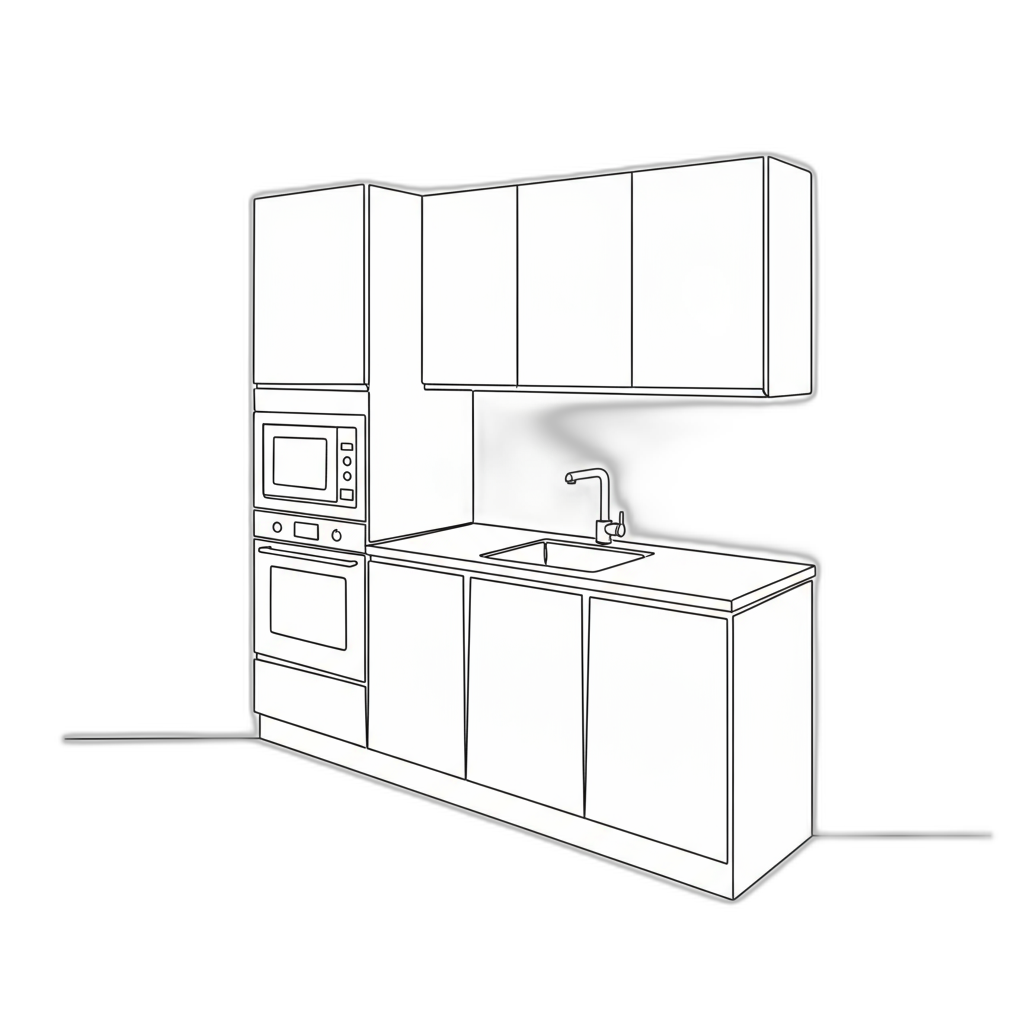

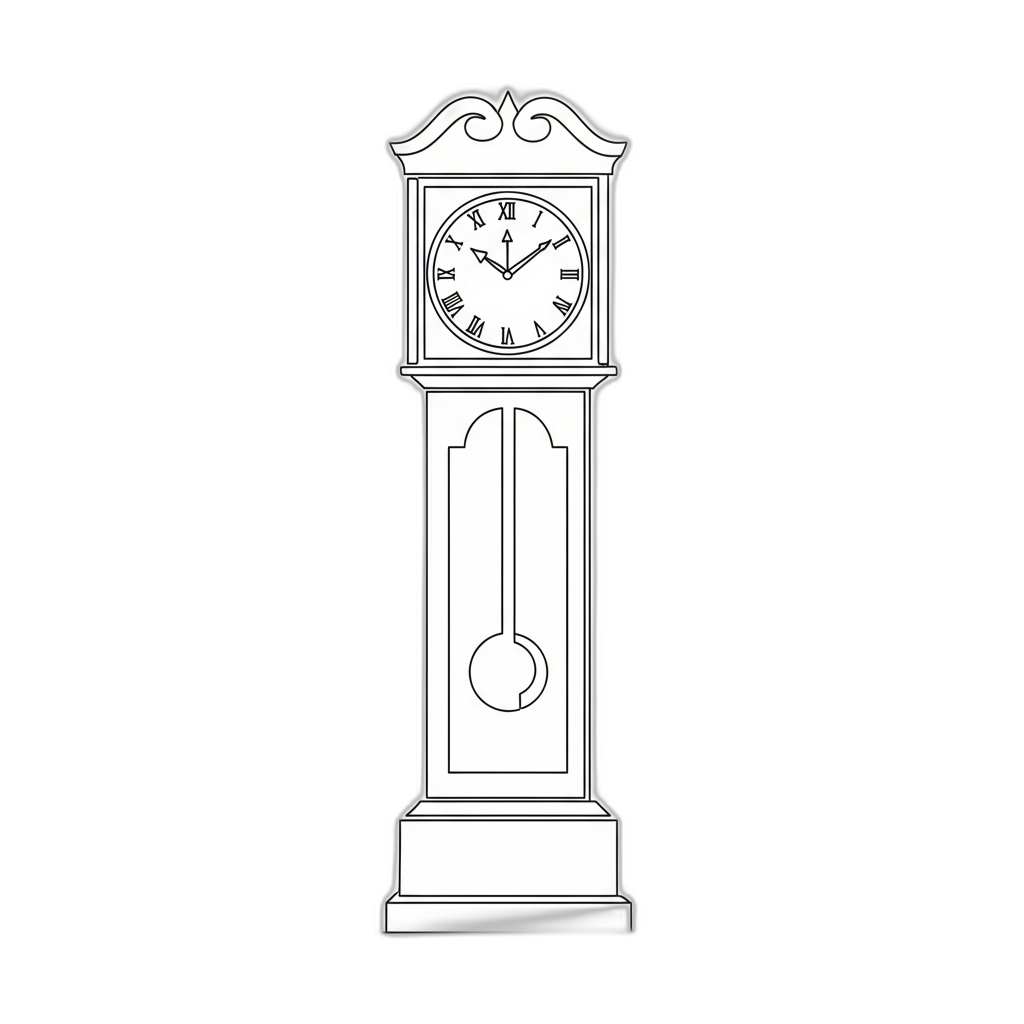
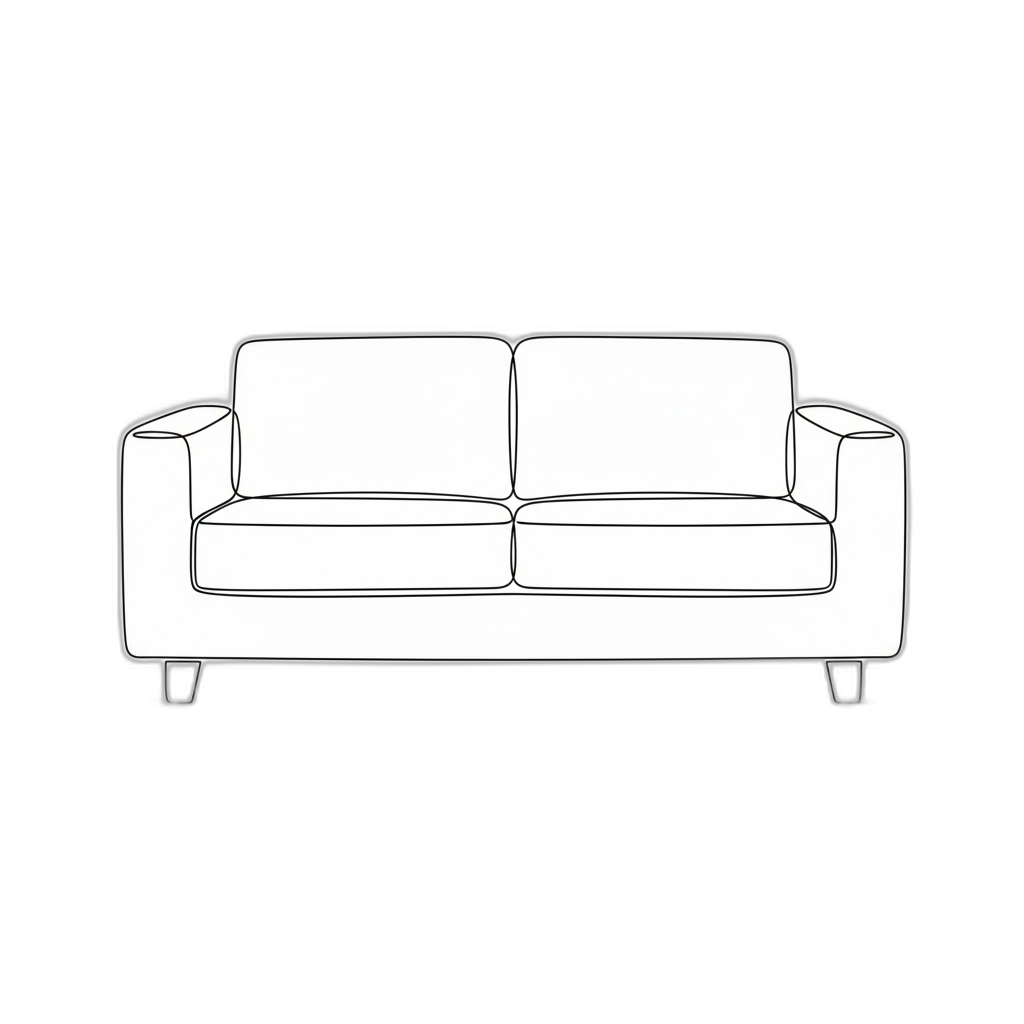

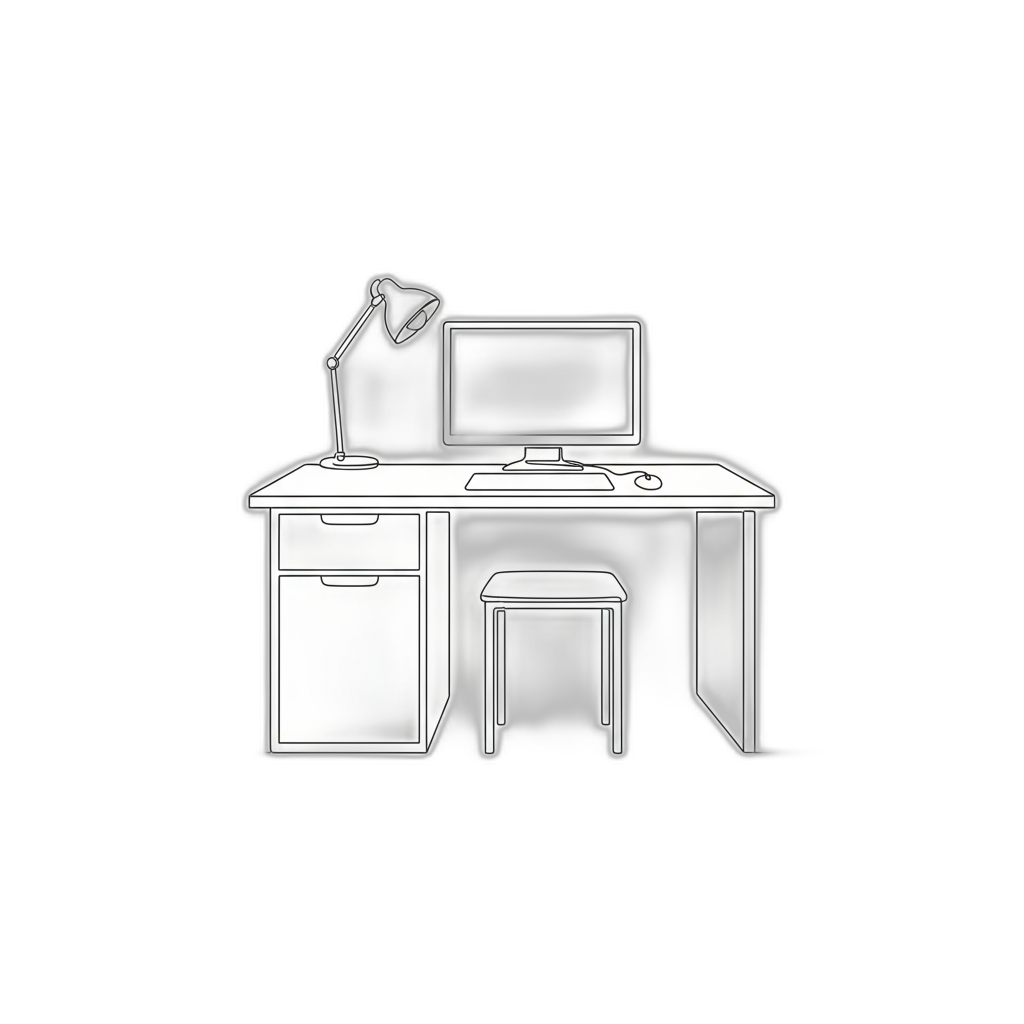
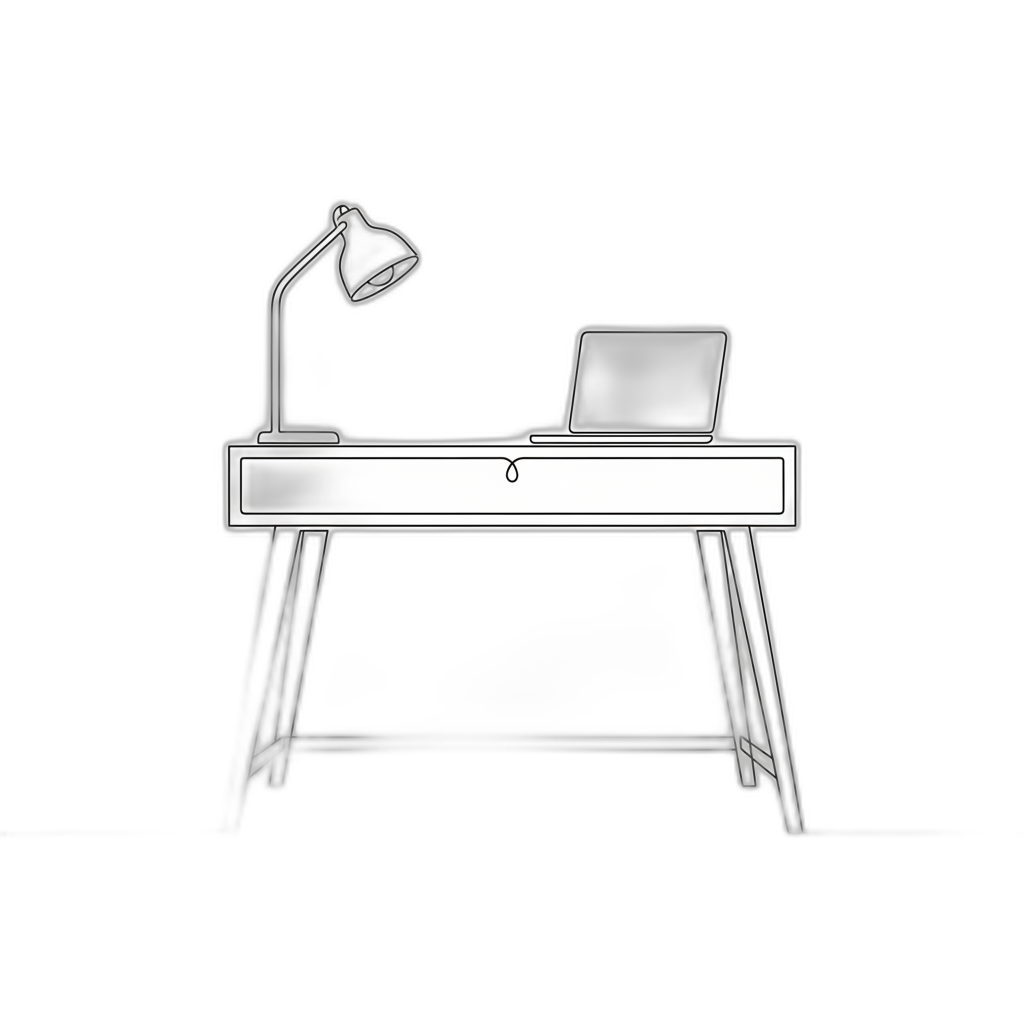

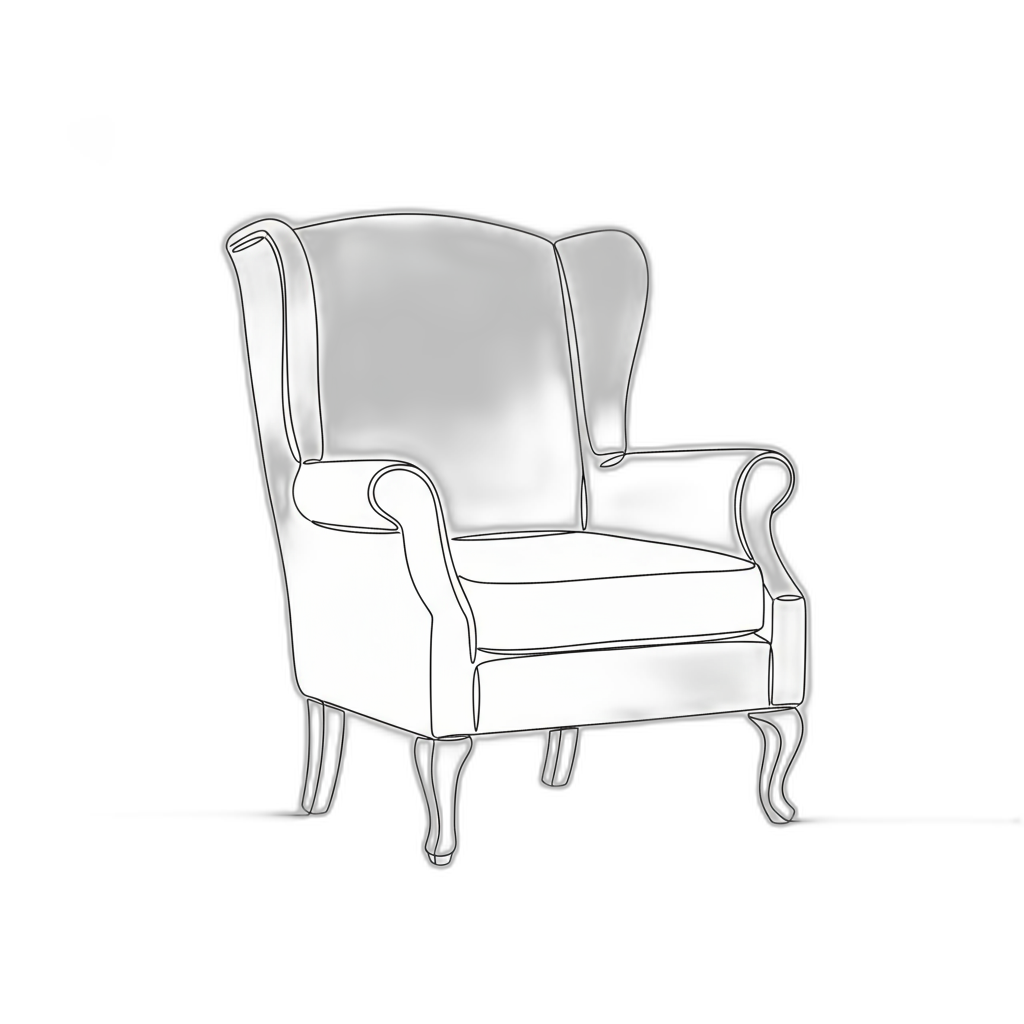


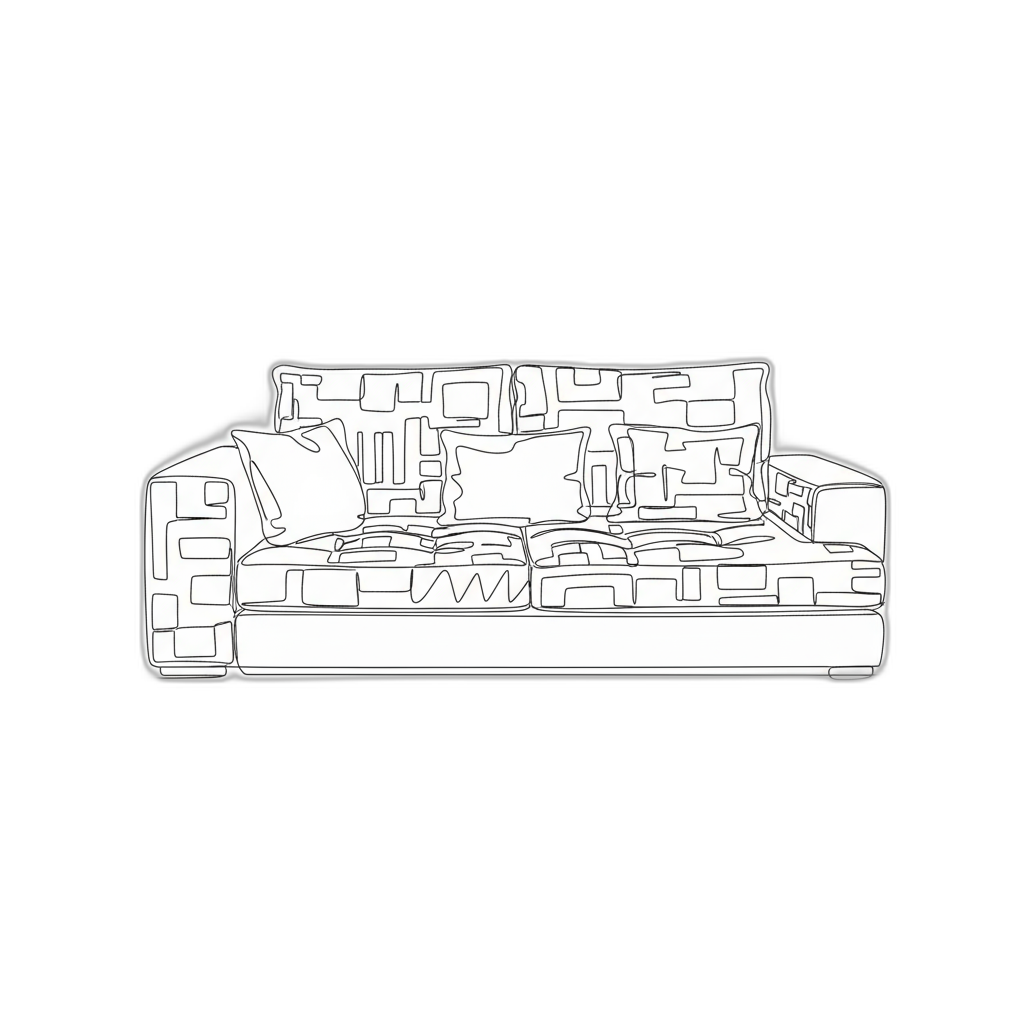


.svg)










